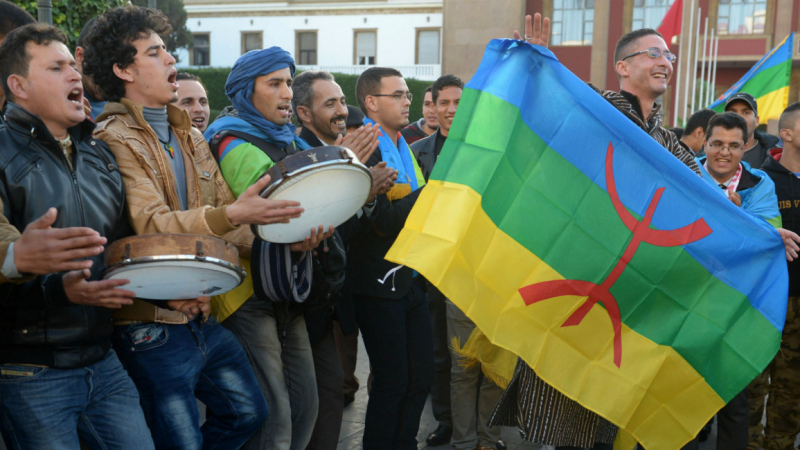New Year's Eve and Yennayer

The Islamic New Year is observed by the majority of Moroccans, and the date varies according to the lunar Islamic calendar. The Amazigh New Year, or Idd n Yennayer as it is known locally, commemorates the start of the crop year by marking the eve of the first day of the agricultural calendar year, which has been utilized by Amazigh throughout North Africa from ancient times.
Both Arab and Berber speaking populations commemorate Yennayer under various names. This traditional festival was referred to as "Haguza" or "Aam Alfilahi" by some Arab speaking communities in historic cities (the Agrarian year). The Amazigh population, particularly those living in the south east of Morocco, refers to the event as "Id Suggas" (the night of the year).
Amazigh groups are urging the Moroccan government to declare Yennayer a national holiday. People all throughout Morocco cook a variety of delectable delicacies to commemorate the occasion. Some people make "Irkmen," a soup made of wheat and dried fava beans. Others serve "Tagola," a dish made from cooked maize kernels combined with butter and served with ghee. Couscous with seven veggies, on the other hand, remains the opulent meal to offer on that particular night.
Amazigh people have traditionally offered couscous with a date seed or a sliver of nut in it during the night of celebration. The key to a chamber dedicated for storing the family's food is given to the person who discovers this seed of dates or chunk of almonds, and that individual is said to be "blessed" throughout the year.
Where: Throughout Morocco
When: December 31










